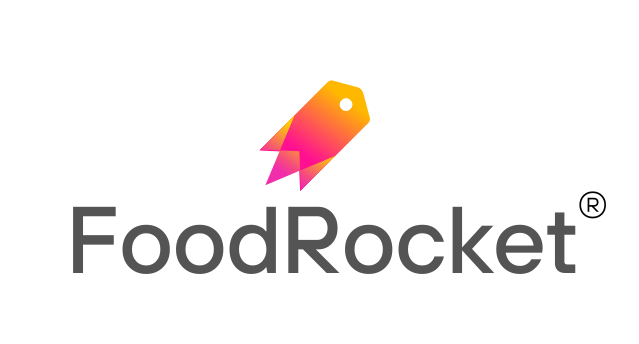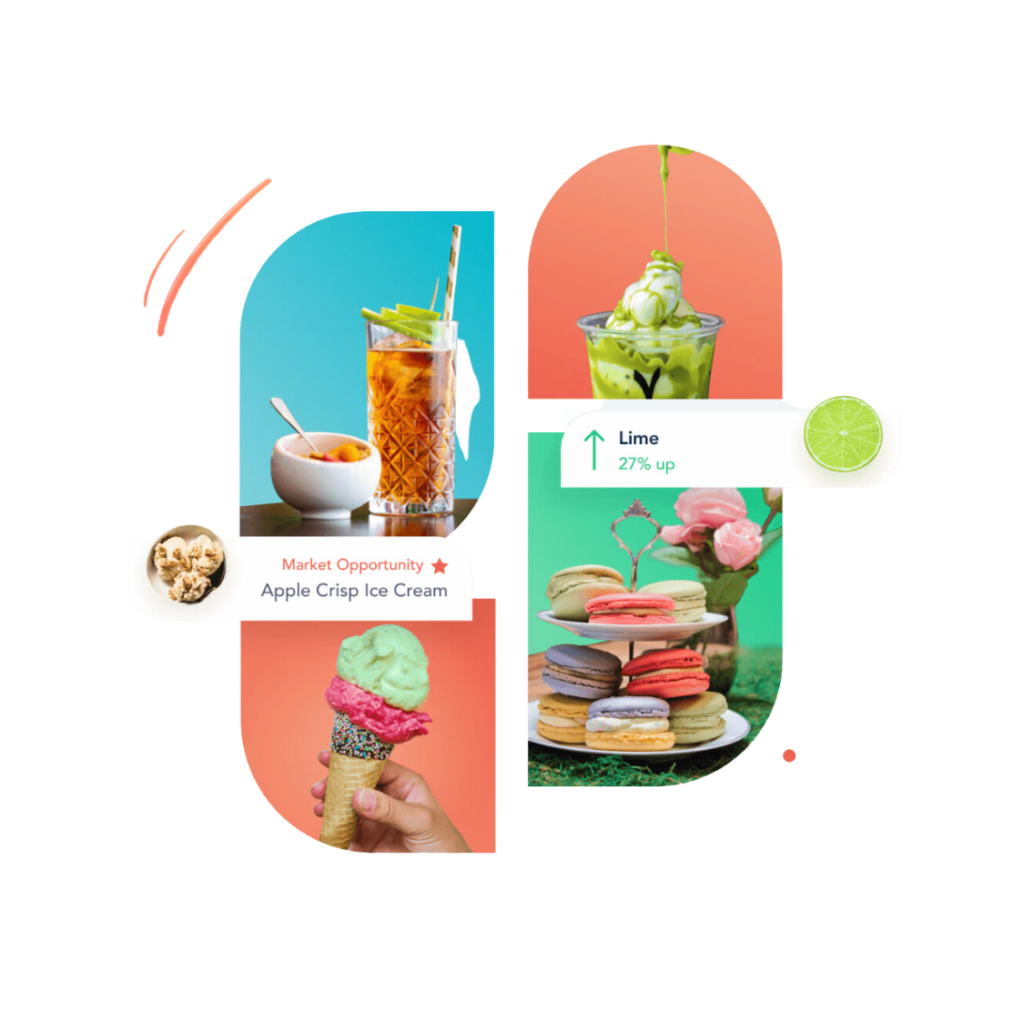- +7187176377
- newyork@foodrocketglobal.com
- 3146 Koontz Lane, California

1 year and a half ago, during the pandemic, I observed the food delivery market and began to study the numbers of the restaurant industry, its model, its many wastes, and the attention that a physical restaurant requires with the public, and especially the optimization of staff within kitchens.
For me and my team, data is a fundamental element;
we are cynical analysts who measure everything and make market forecasts practically every day. For us, an idea is not good if it comes from enthusiasm; an idea is good if it is supported by data.
The food delivery market was worth $30 billion in 2016, in 2025 it will be worth $490 billion, and in 2030 it will be worth $1 trillion.
I would say ,we can enter
Dario Scattarelli
The FoodRocket Brand
I had to found a company, specifically a FoodTech company, but first I had to build software and do it by first extracting deeper data from delivery companies, restaurants, and social media. I put on my classical music in my ears and started to spend some sleepless nights. Thanks to artificial intelligence, together with my team, we monitored 95 million menus, 4 million restaurants, 226 billion recipes, 7 delivery platforms, and 22.5 billion social media posts, including images and videos , After all this, I told myself the market is huge; I must give it a name and put together a team and KPIs that support our model and our global expansion. FoodRocket, this new name really captures the essence of the company: forever challenging the status quo, never saying “this has never been done before,” always questioning dominant thinking.
The rocket shows us that the sky is no longer the limit; data is the oil of the new millennium, and food is oxygen for human beings.
Doing it well, analyzing every single portion of the market, putting together a highly competitive team, and scaling globally while thinking big – our format is now more than possible. It’s real.
The FoodRocket Way.
I have traveled all over the world, I have tasted street food in every place, New Zealand, Bali, Thailand, Mexico, America, Brazil. I once stopped at a place in Thailand where there was a 3 km (I swear) line. A small stand in the middle of the road had a 3 km line, and then I told myself that I absolutely had to stop because the food must be something exceptional. I met Mrs. Ja Fay, a 74-year-old lady who cooks food that every human being should have tried once in their life.
And then I thought, is it really possible to find Michelin-starred street food?
Yes, it is really possible.
And that’s how we will search for our suppliers, where nothing shines, we will find gold.
I told myself, Dario, we have a unique opportunity to change a 500-year-old model
A) Customers will have better food and faster deliveries.
B) The food delivery market will expand enormously with a lower CAC (Customer Acquisition Cost)
C) Industry-specific innovation will reduce the cost of business.
This mainly meant that delivery-only restaurant brands could be built on the Internet, without worrying about distribution. We can scale restaurant brands 10 times faster today.
We can control supplies, the culinary experience, and technology. Culinary Innovations Center .
Innovation Center
FoodRocket is an innovative platform that uses artificial intelligence and data analysis to create and manage virtual food delivery brands. It offers scalable and customized solutions to meet consumer needs and market trends, ensuring a high-quality culinary experience delivered right to customers’ homes.
FoodRocket
- Our Story
- Leadership
- Careers
- Inclusions
- Resources
About
- Stories
- Community
- Blog
- Careers
- Brand Assets
Let's get Cooking
-
Fulfilment Partner
Expertise
News


